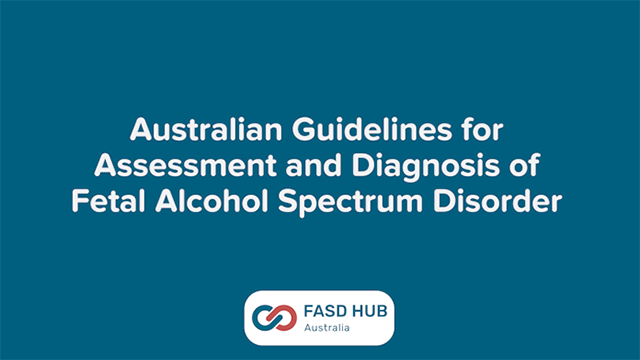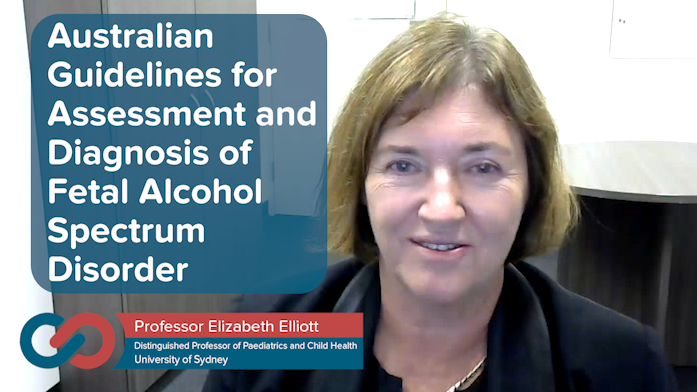An Australian clinical practice guideline approved by the National Health and Medical Research Council for the assessment and diagnosis of Fetal Alcohol Spectrum Disorder (FASD) has been released.
A lifelong disability caused by exposure to alcohol before birth, FASD is considered the leading cause of non-genetic disability in Australia, with around 3% of the population estimated to have the condition.
The newly released Australian Guidelines for Assessment and Diagnosis of Fetal Alcohol Spectrum Disorder builds upon the Australian Guide to Diagnosis of FASD published in 2016, incorporating new research evidence and strengthening the voices of people with living experience of FASD and Aboriginal and Torres Strait Islander people.
Leading clinician researcher in FASD, Professor Elizabeth Elliott, heads the NSW FASD Diagnostic Clinic and said that that there was a need for more FASD-informed health professionals in Australia.
“Many people with FASD in Australia are undiagnosed or have been misdiagnosed,” Professor Elliott said.
“People living with FASD and their families tell us that an accurate diagnosis is important because it helps them understand their unique challenges and strengths as well as access services, financial supports and treatments to support them to thrive.”
In Australia, a FASD assessment can be a costly and time-consuming process due to the limited number of health professionals who are FASD-informed and the need for multiple assessments to inform a diagnosis.
“Families say that a delay in diagnosis is common – many wait several years – and that they have often seen multiple clinicians before they finally receive a diagnosis of FASD,” Professor Elliott said.
“A delay in diagnosis represents a missed opportunity to optimise outcomes. We know that early diagnosis is critical to allow for early and appropriate interventions that will set people with FASD up to thrive.”
Professor Elliott encouraged all health professionals to upskill and become FASD-informed by reading the Guidelines and completing eLearning opportunities available on the FASD Hub Australia.
“Every clinician – whether a medical specialist such as paediatrician, psychiatrist, obstetrician or geneticist; a psychologist or an allied health professional; a General Practitioner or a midwife – can contribute towards the assessment of an individual with prenatal alcohol exposure.
“To do so, they need to understand what constitutes a diagnosis of FASD and then carefully record relevant information that is available in their clinical practice or setting.”



